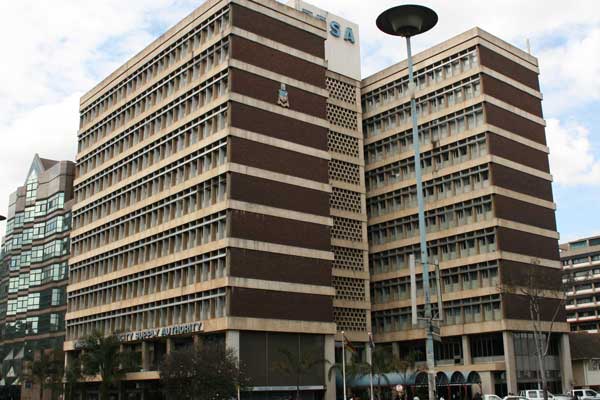
BY TATIRA ZWINOIRA
ZIMBABWE’S power utility is considering increasing electricity tariffs by as much as 30% to reflect the rise in production costs following the devaluation of the local currency last month.
Monetary authorities in the southern African nation removed the 1:1 peg set against the greenback, allowing a managed float of the local currency.
Tariffs are currently priced at 9,38 cents per kilowatt/hour, which is about US$0,04 when using an average exchange rate of 1:2,5.
“Basically, what we are looking at is that we need to look at the implications of the monetary policy before we can then put scenarios. Right now, we are still discussing with the relevant authorities to find out the implications of the monetary policy on the tariffs,” Zimbabwe Electricity Distribution Company’s (ZETDC) commercial services manager Richard Mariwa told NewsDay yesterday.
Speaking on the sidelines of the Zimbabwe Energy Council (ZEC) Electricity Outlook breakfast meeting, Mariwa said: “It is not cost reflective. But, be that as it may, we need to find out what are the fundamentals that need to be considered, moving forward. If you look at it to bring it back to the same (tariff level before the 2019 monetary policy in terms of USD) or something nearer to that you are talking about the 25% to 30% range.”
In 2018, ZETDC generated $815 million, a far cry from when it used to generate over a billion dollars in better years.
“Right now, the outlook for 2019 is not that good, in the sense that we are having challenges being able to provide quality supply due to the level of vandalism that is ongoing,” Mariwa said.
- Chamisa under fire over US$120K donation
- Mavhunga puts DeMbare into Chibuku quarterfinals
- Pension funds bet on Cabora Bassa oilfields
- Councils defy govt fire tender directive
Keep Reading
“I think that is the major issue that would affect our clients but in terms of the supply side we are able to provide electricity.”
He said expansion of the Kariba Hydro Power Plant as well as increased capacity at the Hwange Power Station had seen electricity generation capacity rise to 1 700MW from 1 200MW, which was meeting demand.
However, should industry increase capacity, the demand for electricity should rise to 2 500MW.











